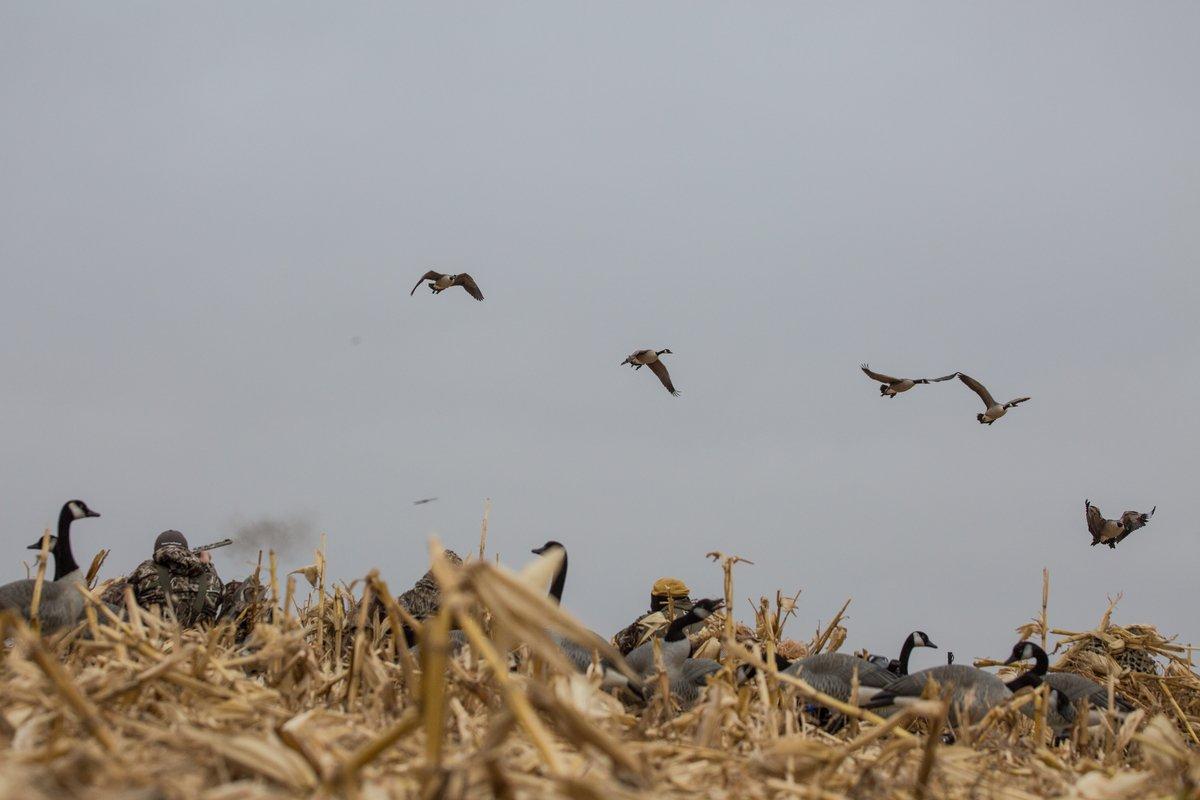Here's how to pick the right person to be pit boss on your next duck hunt
Hunting with a group often makes for a good time, but it raises a practical question: Who will dictate the setup and call the shots?
Sometimes, the answer is obvious, like when you hunt with a landowner or guide. By default, they're the de facto pit boss. But in other situations — freelancing flooded timber or gathering with buddies to shoot field geese before work — you must pick a hunt master. Moreover, you must choose well, because nominating someone who sets up incorrectly or doesn't call shots at the right time can ruin your day. Here's how to identify the ideal top dog.
Familiarity Factor
Often, the hunter most familiar with the day's specific scenario will be an ideal pit boss. You wouldn't want a lifelong timber hunter setting blocks and calling shots on big-water cans and redheads. Conversely, you wouldn't want a die-hard diver guy running a public-land timber hunt. If Hunter A has the most experience with the situation you face that day, he or she is the person to lead.
Band Leader
Calling is critical during many hunts, such as when plying flooded timber or running traffic for honkers. In those situations, the most experienced and talented caller often makes the best bandleader. He can dictate the calling strategy, strike up the symphony and direct other callers to chime in. Further, because he's constantly observing the reactions and behavior of birds while calling, he'll usually call shots at the perfect time.
The Knack
If everything else is equal — that is, if group members have similar experience with the scenario, and choosing the best caller isn't critical — you'll have to rely on memory to elect a leader. Odds are good that someone in the group is a stone-cold killer who consistently finds birds, brings home heavy straps and succeeds when others don't. That's your pit boss.
Take Auditions
If no one in the group stands out, simply nominate someone for that day and let him or her run the hunt. The next time you're together, let someone else call the shots, and so on. After a few trips, you'll get a good sense of who makes a good boss and who's better as a backup. An inexperienced hunt leader might goof up here and there, perhaps telling folks to shoot too soon or calling too aggressively when some soft stuff would have been better. However, that's part of the learning process, and everyone can have a good chuckle about it. Identifying those mistakes will make you a better hunter and a potentially great pit boss.
Click here for more Realtree waterfowl hunting content. And check us out on Facebook.







